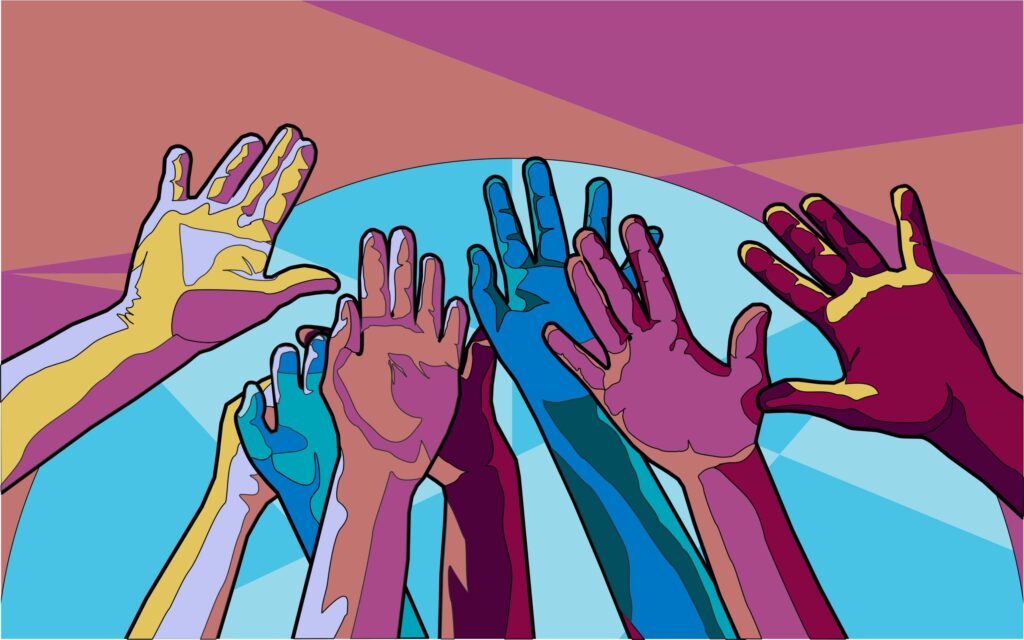
Revolutionary Social Work is a powerful concept and one that I didn’t begin to understand until recently. Before diving into it, I noticed something interesting, which I believe our professor pointed out in one of the earlier lectures, but the concept of revolutionary social work isn’t thaaaat talked about in the United States. And I guess by popular, what I mean is that when I was researching on the internet, literally all the sources were from Australia or the UK. Why? Well, I think it’s because the United States has a large population of people that believe in Neoliberalism. If you have a few minutes, watch the YouTube video below, it was super informative. Basically, Neoliberalism is the belief that we should have a free market and free trade, without government involvement; poor people got there due to individual failings; everyone can be successful if they work hard enough; and the government should focus on military power and not trying to help the oppressed. I’m starting to sound political, but I think Revolutionary Social Work could be seen as political, even though it’s really not, it’s pushing back against Neoliberalism and frameworks that we’ve been taught that are still oppressive and colonizing, it’s advocating for new ways of thinking that doesn’t oppress or discriminate groups of people, AND it’s thinking critically about all our processes and practices as social workers. Revolutionary Social Work encourages us to ask why we believe and do the things we do. After reflection, we can make a change and truly reflect on ways to make our communities an equitable place for everyone.
From what I’ve gathered in my head, traditional social work is based on practices that stem from colonization and racism. We must practice revolutionary social work to break down the systems and practices that are built off oppressing people and think critically about why we do the things we do. As a profession and people in general, we simply can’t make changes unless we address and change the root issue.
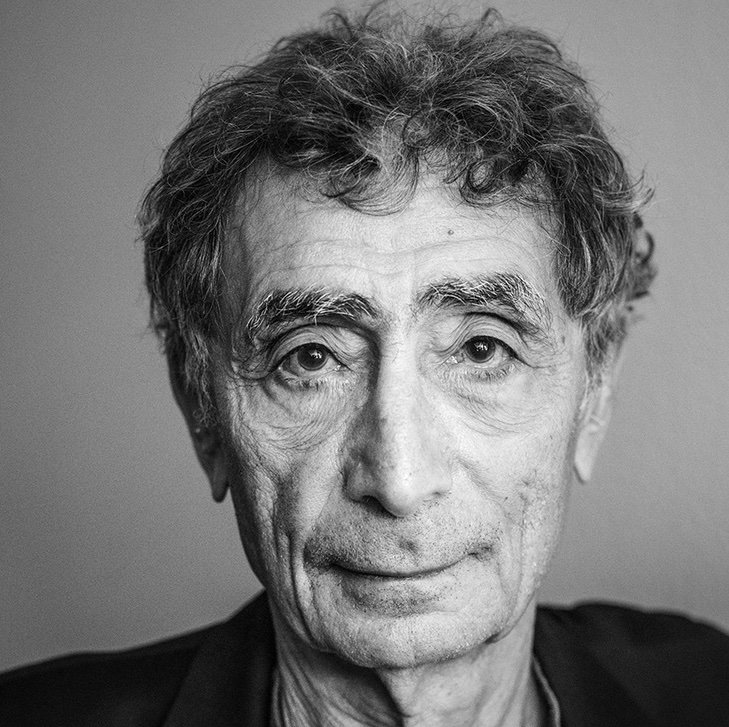
The revolutionary physician, Gabor Mate’s take on trauma is incredibly powerful. He explains that trauma is from overwhelming experiences, but for a sensitive child, not being seen and known is traumatic. The trauma wounds the person and starts to dictate the way they behave. He explains the process happens slowly, sometimes without even realizing it; you become numb to your feelings, needs, and wants. To me, Gabor Mate’s theory on trauma is revolutionary because it’s sparking the idea that maybe it’s not a mental illness that causes certain behaviors, which requires medication, but rather it’s a wound. Secondly, if it’s a wound, then it can be healed. If some behaviors are due to woundedness and not mental illness, that means a large profit of money can be taken away from pharmaceutical companies. In a lot of ways, Mate is pushing forth ideas that go against the ingrained practice of “healing” people with medication.
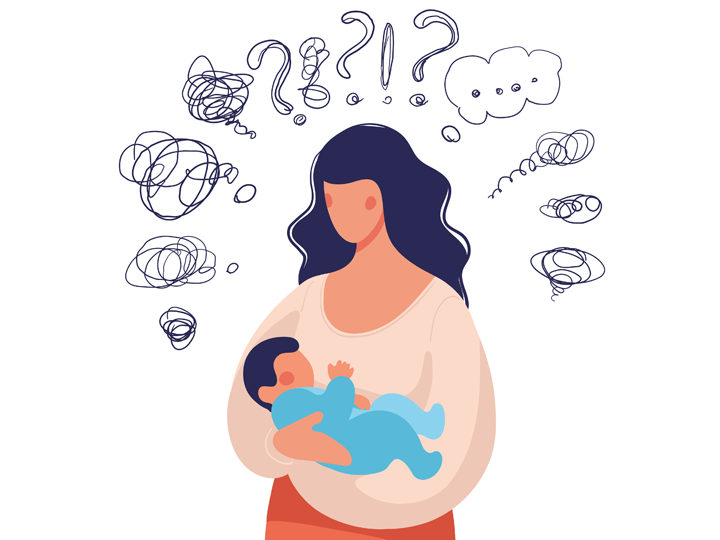
As a relatively new mother, I found a lot of gaps in our systems and have had a lot of thought about ways our society could change when it comes to supporting mothers. I remember towards the end of my twin pregnancy, my doctors gave me a sheet that listed out signs to watch out for regarding postpartum depression (PPD). The sheet stated that twin mothers are 2x more likely to be diagnosed with PPD. As you can imagine, I was terrified of “catching” PPD. Looking back, I wish they would’ve provided information about ways to avoid becoming depressed, such as finding community or other practices to help keep a mother healthy. I also think it would’ve been beneficial to explain why postpartum depression can be detrimental towards infant development if it’s not properly addressed. Lastly, I wish someone would’ve educated me on one of the most important things we can provide to our children: a secure attachment. In the Gabor Mate chapter that Professor Stettler read, he explained that a lot of our core wounds stem from something that happened in our childhood. He shared a story about how he had what sounds like an insecure attachment to his mother and explained that it has dictated how he behaves in relationships today. He stated, “It’s the woundedness that dictates how we act and behave in relationships.” Since the foundation of our future relationships (partners, co-workers, etc) relies on the foundation of our relationships with our primary caregivers, why aren’t parents being educated on this before the baby is born? I wonder if it’s because more parents would demand paternity and maternity leave. Right now, you get 12 weeks unpaid leave, which is a luxury for families to be able to afford. The majority of new mothers go to work before 12 weeks.
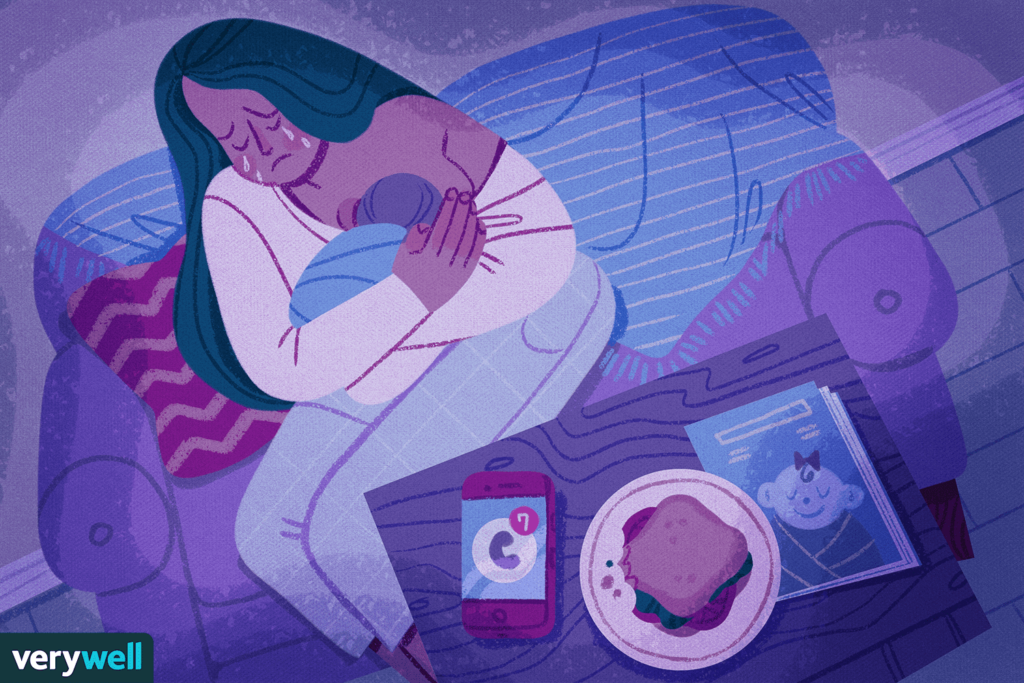
According to the CDC, 1 in 8, women suffer from postpartum depression. Do you think it could be because they are rushed back to work because of the stress of no income? The lack of community in an individualistic society? How can we as future social workers help? I have some ideas. Instead of labeling new mothers with a mental illness such as postpartum depression, let’s look at the root cause. Parent’s are doing this alone more now than ever – reasons why is for another blog. But, we must encourage people to build community, such as joining a parents group. More importantly, before it gets to the point of becoming depressed, let’s connect parents to groups while they are expecting, to ensure they have community when they baby arrives. As social workers we can advocate for paid parental leave, and educate parents on attachment. Expecting parent groups and playgroups are essentially a disguise for the term group therapy and they are free. Creating and connecting people to resources, while also educating parents, is the best way to help build a strong foundation for families to succeed.
What area of social work do you think needs revolutionary thinking?
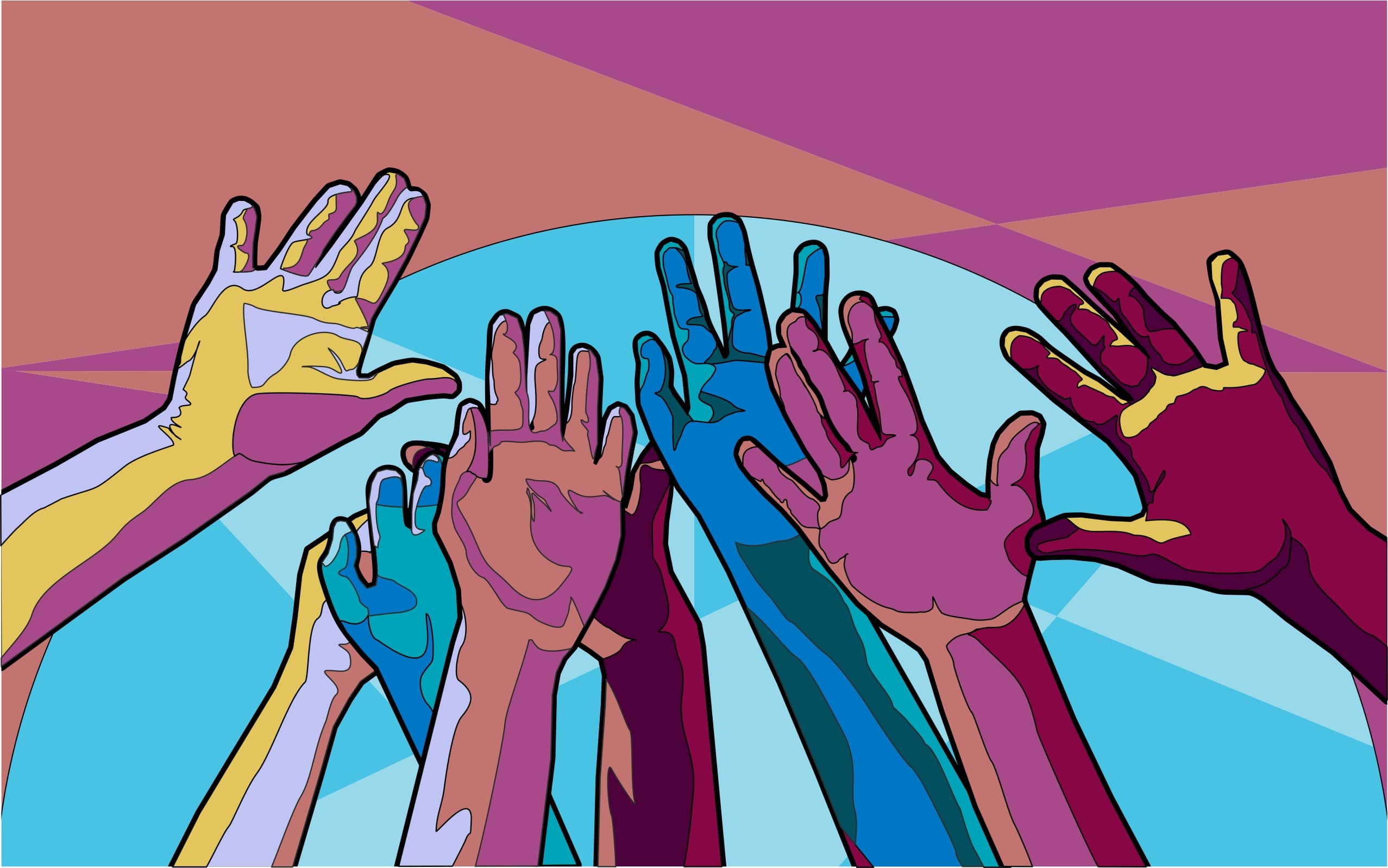
Comments
6 responses to “Revolutionary People”
Hi Alexa,
I loved your explanation on neoliberalism because I never quite knew what it really was – and now I do.
Revolutionary social work could be applied to addiction. I think that the idea of Harm reduction is revolutionary. Harm reduction is an idea I believe in and practice strongly. It is all about meeting people where they are at. It can be considered very non-traditional. At my work we actively hand out clean needles, and a lot of people think this is absolutely insane. But in the big picture, it is all about keeping our clients safe. We can not stop them from doing drugs, but we can help them do it safely, and in a way that keeps them alive. Its really about seeing someone as the whole person and not just their addiction. Instead of shaming them for their drug use, we accept that they are human. And any human should deserve to be safe. It is sort of the same way we as a community push for sober drivers, we can not change that people are going to consume alcohol, but we can make sure they get home safe. Same sort of thing. I would consider this revolutionary thinking.
Hi Kaia!
I thought I knew what Neoliberalism was, but that video helped me have a great understanding.
I would agree, harm reduction is 100% revolutionary social work! I love the work you’re doing and that you / your organization value the people lives who our society tries to shut out. You see a person, not an addict, and that’s beautiful – I wish that was more common. What you described reminds me a lot of the book we read in our substance abuse course, “Hungry Ghosts,” by Gabor Mate.
I appreciate your explanation of Neoliberalism. I think that revolutionary social work is political. Like you said it teaches us to think outside of the box which is not really how governments want us to think. I agree that our government was based on colonization and racism so revolutionary social work threatens those ideas which would disrupt our entire government structure. I really like that you said “As a profession and people in general, we simply can’t make changes unless we address and change the root issue”. I 100% agree with you! Great Job!
Hi Ms. Adelmeyer,
Your ideas on the concept of revolutionary social work was very thoughtful. Your recognition of the influence of Neoliberalism in shaping social discourse and policy in the United State highlights the importance of challenging towards alternative approach rooted in equity. I have personally been an advocate for community-centered approaches to addressing social issues. Particularly as a new mother, add depth to your analysis. I am also an advocate for paid parental leave and solutions to social change for woman that are pregnant or miscarriages. We do not offer assistance to woman that have miscarriages. I myself am pregnant, and I work for my local school. I do not receive any paid leave for prenatal care or leave maternity leave. Which makes it incredible difficult for woman who cannot afford to take the time off. I also believe in Neoliberalism to free market, having limited government and more self-reliance as a person.
The only suggestion I can think of is that the idea of these types of implements to our society as a whole is political which does not necessarily align with our guidelines as a social worker. As social workers we must be unbiased.
Thank you
Hello Alexa,
I think you did a wonderful job on your blog! It is colorful, eye-catching, and informative. You convey the information in an easily understood format, and it contains powerful ideas and thoughts. In regard to your question at the end, I think that most areas need revolutionary thinking. For example, most insurance companies do not recognize holistic healing methods or culturally appropriate methods as being “viable” and “billable” services, which contributes to our healthcare system not offering a fully culturally appropriate care model. I think that this revolutionary style of thinking should first be applied to the healthcare industry and to the educational industry as well, to accept other ideas or processes that may not align with western culture. What do you think?
Hi Alexa.
I just wanted to point out that the one thing that captured my attention to your blog post was your featured photo. As I opened to view your blog post, I realized how similar and creative you made your blog as to your featured photo! I also appreciate how you mentioned Mr. Gabor Mate. The first time I came across him was actually this course when we were required to watch his short video. His short video was straight forward but very informative to me. I personally felt almost attacked but enlightened at the same time by his mentions of trauma in relation to wounds and healing. I also admire your story of having twin babies. I actually agree with your story and your many thoughts about why this isn’t talked about more often. I actually haven’t heard of postpartum depression until I had a TikTok account. I really appreciate people who are able to tell their stories in order for others to be informative about certain things that isn’t as talked about as it should be. Great sharing.